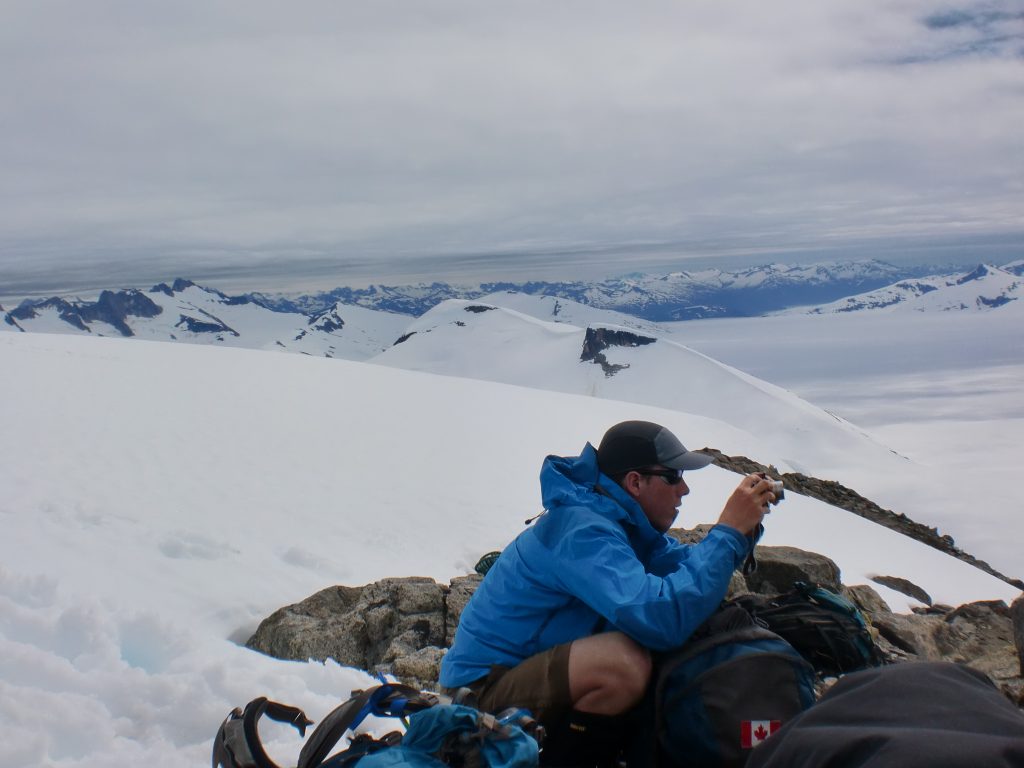Allen Pope
NSIDC, University of Colorado & Polar Science Center, University of Washington
Allen is a postdoctoral research associate working at the National Snow and Ice Data Center in Boulder, Colorado and the Polar Science Center in Seattle, Washington. Originally from Newton, Massachusetts, he earned his BA from Harvard University in 2008 (Chemistry and Earth & Planetary Sciences, citation in French), as well as a Masters and PhD in Polar Studies from Cambridge University's Scott Polar Research Institute in 2009 and 2013, respectively. As a glaciologist and remote sensing specialist, Allen has been lucky enough to work with satellite imagery from around the world and conduct fieldwork in Alaska (Juneau Icefield), Canada, Nepal, Antarctica, Iceland, Svalbard, and even Namibia. You can see a video of some of Allen's earlier work here in "What Color is a Glacier?". Allen has been extensively involved in organizations such as the Association of Polar Early Career Scientists, the American Geophysical Union, and the Foundation for the Good Governance of International Spaces. His current research projects include studying Landsat 8 applications to the cryosphere as well as investigating drivers of elevation change in West Antarctica. In his free time, Allen likes hiking, skiing, (acro)yoga, and baking with as much chocolate as possible. You can see more about Allen's research here. He also tweets about his science @PopePolar, for which he was recognized by Wired magazine (see here). (February 2016) Allen's Sitka Activities
- KCAW morning interview
- Natural History Seminar talk
- Led a Science Cafe mini-workshop on polar remote sensing
- Island Institute Interview on climate change perspectives
- "Mapping ice and snow" curriculum with SHS Human Geography and Global Studies class
- "Glaciers and the environment" with MEHS Environmental Studies class
- "To the field!" with PHS Science class
- "Where are glaciers and how does a glacier form?" - 2 visits to KGH 5th grade Super Science Club
- "Visualizing glacial flow" with SHS/MEHS Ocean Science Bowl club

